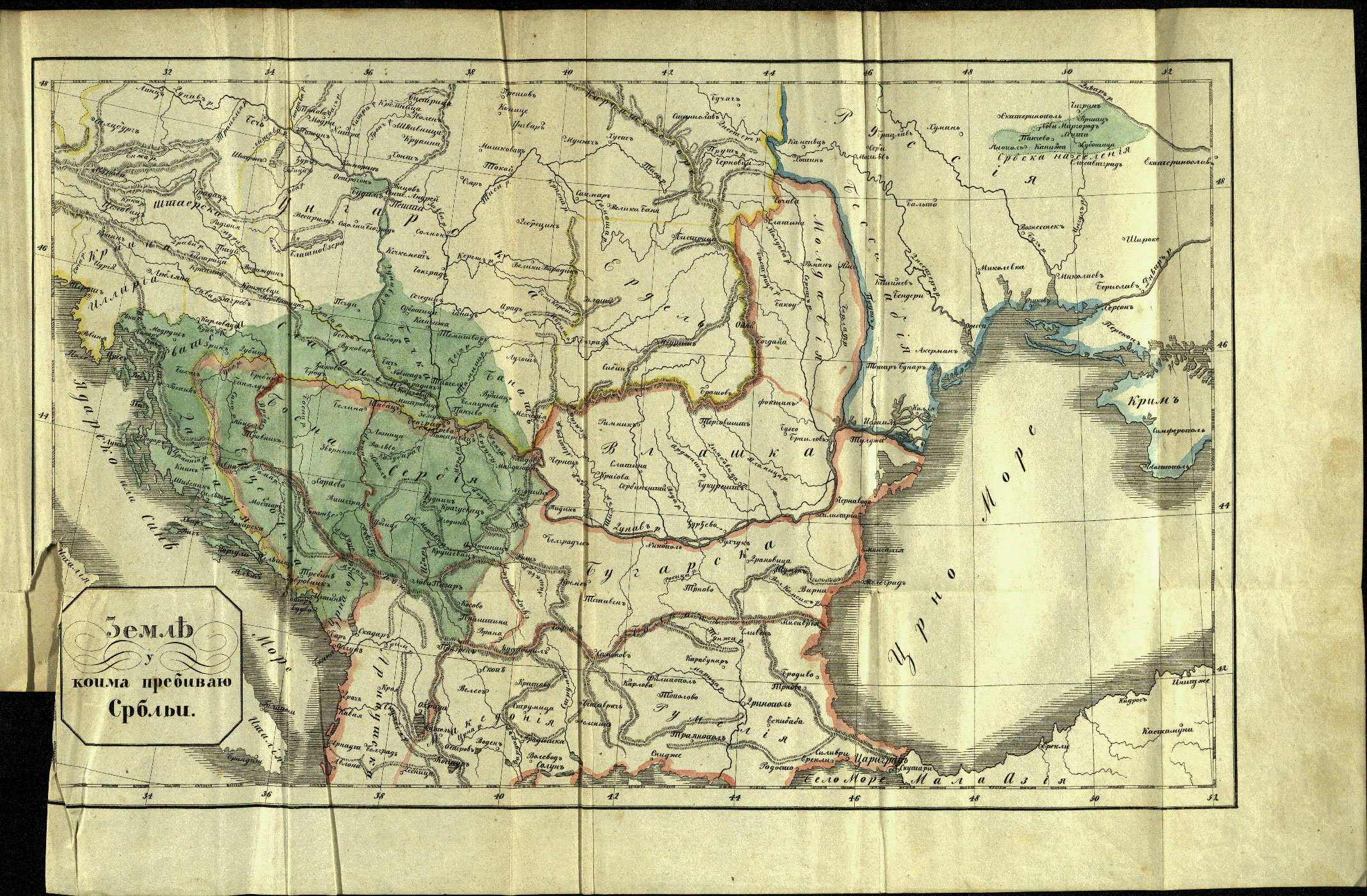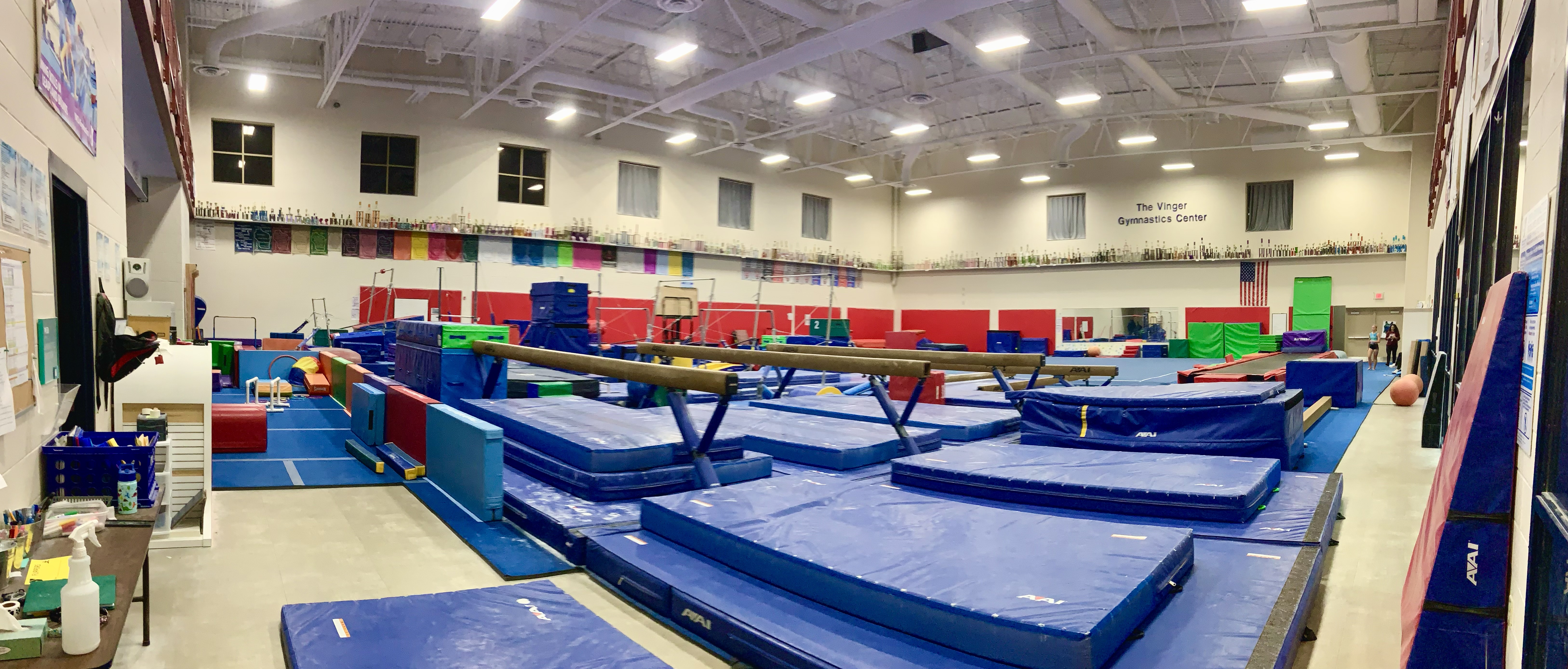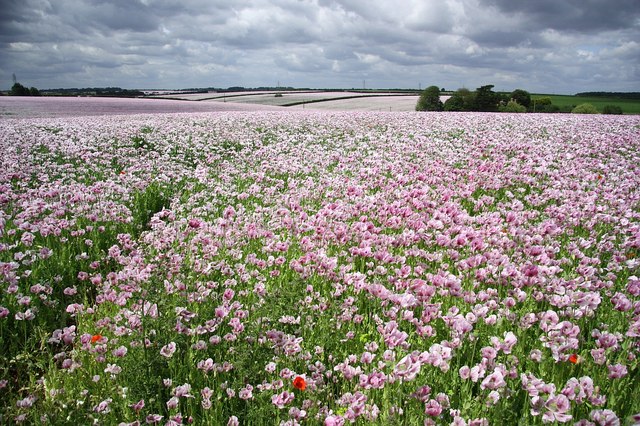|
Metodija Andonov-Čento
Metodija Andonov-Čento (; ; 17 August 1902 – 24 July 1957) was a Macedonians (ethnic group), Macedonian revolutionary, Macedonian Partisans, partisan, statesman, the first president of the Anti-fascist Assembly for the National Liberation of Macedonia, Anti-Fascist Assembly of the National Liberation of Macedonia and of the Socialist Republic of Macedonia, People's Republic of Macedonia in the Socialist Federal Republic of Yugoslavia, Federal People's Republic of Yugoslavia after the World War II, Second World War. In the Bulgarian historiography he is often considered a Bulgarians, Bulgarian. The name of Čento was a taboo in Yugoslav Macedonia, but he was rehabilitated during the 1990s, after the country gained its independence. Biography Early life Metodi Andonov was born in Prilep, which was then part of the Manastir Vilayet of the Ottoman Empire. His father was from Pletvar, while his mother was from Lenište. After the Balkan Wars in 1913 the area was ceded to Serbia. ... [...More Info...] [...Related Items...] OR: [Wikipedia] [Google] [Baidu] |
Prilep
Prilep ( ) is the List of cities in North Macedonia, fourth-largest city in North Macedonia. According to 2021 census, it had a population of 63,308. Name The name of Prilep appeared first as ''Πρίλαπος'' in Greek (''Prilapos'') in 1014 as the place where Samuel of Bulgaria had died after the Battle of Kleidion. The town was attached literally to the rocky hilltop above, and its name derives from Old Slavic, and means “stuck on the rock” (pri- + lep = on + stuck). In other languages it is: * Greek language, Greek: ''Prilapos'', Πρίλαπος * or ''Përlepi'', or ''Prilep'' or ''Prilepi'' * Bulgarian language, Bulgarian and Serbo-Croatian: Прилеп / ''Prilep'' * Latin language, Latin: ''Prilapum'' * * , or ''Perlepe'' Economy Prilep is a centre for high-quality tobacco and cigarettes, as well as metal processing, electronics, timber, textiles, and food industry, food industries. The city also produces a large quantity of Macedonian Bianco Sivec (pure w ... [...More Info...] [...Related Items...] OR: [Wikipedia] [Google] [Baidu] |
Pletvar
Pletvar is a village in Municipality of Prilep, North Macedonia. The critically endangered Macedonian grayling butterfly is only found in the Pletvar area. The father of Metodija Andonov-Čento an anti fascist fighter in World War II is from here. Demographics According to the 2002 census, the village had a total of 22 inhabitants. Ethnic groups in the village include:Macedonian Census (2002) ''Book 5 - Total population according to the Ethnic Affiliation, Mother Tongue and Religion'' The State Statistical Office, Skopje, 2002, p. 156. * Macedonians 21 *Serbs The Serbs ( sr-Cyr, Срби, Srbi, ) are a South Slavs, South Slavic ethnic group native to Southeastern Europe who share a common Serbian Cultural heritage, ancestry, Culture of Serbia, culture, History of Serbia, history, and Serbian lan ... 1 References Villages in Prilep Municipality {{Prilep-geo-stub ... [...More Info...] [...Related Items...] OR: [Wikipedia] [Google] [Baidu] |
1938 Yugoslavian Parliamentary Election
Parliamentary elections were held in Yugoslavia on 11 December 1938. The result was a victory for the governing Yugoslav Radical Union, which won 306 of the 373 seats in National Assembly. These would be the last elections held in Yugoslavia before World War II. By the time of the first postwar elections, in 1945, the Communist Party of Yugoslavia was rapidly consolidating power, and the non-Communist opposition boycotted the vote after claiming to have been targeted with severe intimidation."Elections In Yugoslavia", ''The Times'', 9 November 1945 As a result, the 1938 elections would be the last multi-party elections held in Yugoslavia until the Communists gave up their monopoly of power in 1990. Coalitions The Yugoslav Radical Union (JRZ, Jereza) led by PM Milan Stojadinović, formed a right-wing to far-right alliance with: * Yugoslav National Party led by Bogoljub Jevtić, * Yugoslav Muslim Organization led by Mehmed Spaho, * Slovene People's Party led by Anton Korošec an ... [...More Info...] [...Related Items...] OR: [Wikipedia] [Google] [Baidu] |
Banovina Of Croatia
The Banovina of Croatia or Banate of Croatia ( sh-Latn-Cyrl, separator=, Banovina Hrvatska, Бановина Хрватска) was an administrative subdivision ( banovina) of the Kingdom of Yugoslavia between 1939 and 1941. It was formed by a merger of Sava and Littoral banovinas into a single autonomous entity, with small parts of the Drina, Zeta, Vrbas and Danube banovinas also included. Its capital was Zagreb and it included most of present-day Croatia along with portions of Bosnia and Herzegovina and Serbia. Its sole Ban during this period was Ivan Šubašić. Background In the Vidovdan Constitution of 1921, the Kingdom of Serbs, Croats and Slovenes had established 33 administrative districts, each headed by a government-appointed prefect. Both the Vidovdan Constitution in general and the administrative districts in particular were part of the design of Nikola Pašić and Svetozar Pribićević to maximize the power of the ethnic Serb population within the new state. The ... [...More Info...] [...Related Items...] OR: [Wikipedia] [Google] [Baidu] |
Vladko Macek
Vlatko () is a masculine given name of South Slavic origin. Notable people with the name include: *Vlatko Andonovski (born 1976), football manager * Vlatko Blažević (born 1994), Croatian football player *Vlatko Čančar (born 1997), Slovenian professional basketball player * Vlatko Đolonga (born 1976), Croatian football defender * Vlatko Drobarov (born 1992), Macedonian professional footballer *Vlatko Dulić (1943–2015), Croatian theatre, TV and film actor, theatre director * Vlatko Glavaš (born 1962), Bosnian football coach and a former player * Vlatko Gošev (born 1974), retired Macedonian football midfielder * Vlatko Grozdanoski (born 1983), Macedonian footballer *Vlatko Hercegović (1428–1489), the second and the last Herzog of Saint Sava * Vlatko Ilievski (1985–2018), Macedonian pop rock singer and actor *Vlatko Konjevod (1923–2005), Yugoslav and later Bosnian football manager and player * Vlatko Kostov (born 1965), former Yugoslav and Macedonian football midfiel ... [...More Info...] [...Related Items...] OR: [Wikipedia] [Google] [Baidu] |
Novi Sad
Novi Sad ( sr-Cyrl, Нови Сад, ; #Name, see below for other names) is the List of cities in Serbia, second largest city in Serbia and the capital of the autonomous province of Vojvodina. It is located in the southern portion of the Pannonian Plain on the border of the Bačka and Syrmia geographical regions. Lying on the banks of the Danube river, the city faces the northern slopes of Fruška Gora and it is the fifth largest of all List of cities and towns on the river Danube, cities on the river Danube. It is the largest Danube city that is not the capital of an independent state. , the population of the city proper area totals 260,438 while its urban area (including the adjacent settlements of Petrovaradin and Sremska Kamenica) comprises 306,702 inhabitants. According to the city's Informatika Agency, Novi Sad had 415,712 residents in 2025. Novi Sad was founded in 1694, when Serb merchants formed a colony across the Danube from the Petrovaradin Fortress, a strategic Habsb ... [...More Info...] [...Related Items...] OR: [Wikipedia] [Google] [Baidu] |
Pro-Bulgarian
Bulgarians (, ) are a nation and South Slavic ethnic group native to Bulgaria and its neighbouring region, who share a common Bulgarian ancestry, culture, history and language. They form the majority of the population in Bulgaria, while in North Macedonia, Ukraine, Moldova, Serbia, Albania, Romania, Hungary and Greece they exist as historical communities. Etymology Bulgarians derive their ethnonym from the Bulgars. Their name is not completely understood and difficult to trace back earlier than the 4th century AD, but it is possibly derived from the Proto-Turkic word ''*bulģha'' ("to mix", "shake", "stir") and its derivative ''*bulgak'' ("revolt", "disorder"). Alternative etymologies include derivation from a compound of Proto-Turkic ( Oghuric) ''*bel'' ("five") and ''*gur'' ("arrow" in the sense of "tribe"), a proposed division within the Utigurs or Onogurs ("ten tribes"). Citizenship According to art. 25(1) of Constitution of Bulgaria, a Bulgarian citizen shall be anyon ... [...More Info...] [...Related Items...] OR: [Wikipedia] [Google] [Baidu] |
Serbianization
Serbianisation or Serbianization, also known as Serbification, and Serbisation or Serbization ( sh-Latn-Cyrl, separator=" / ", srbizacija, србизација or sh-Latn-Cyrl, label=none, separator=" / ", posrbljavanje, посрбљавање; ; or ; ; ) is the spread of Serbian culture, people, and language, either by social integration or by cultural or forced assimilation. Medieval period Populated by Bulgarians and Romanians, the area between the Morava and Timok rivers became part of the Serbian state in 1291/1292 which began the Serbianisation of the region. "An important Romanian concentration existed in the region between the Timok and Morava Rivers.... This region was taken by Serbia in 1291 or 1292 from two Cuman chiefs, Darman and Kudelin, that were first under Hungarian vassalage. Only then did the Serbianization of this region previously peopled by Romanians and Bulgarians begin." Albanians that came under the rule of Serb Emperor Stefan Dušan were required ... [...More Info...] [...Related Items...] OR: [Wikipedia] [Google] [Baidu] |
Interwar Period
In the history of the 20th century, the interwar period, also known as the interbellum (), lasted from 11 November 1918 to 1 September 1939 (20 years, 9 months, 21 days) – from the end of World War I (WWI) to the beginning of World War II (WWII). It was relatively short, yet featured many social, political, military, and economic changes throughout the world. Petroleum-based energy production and associated mechanisation led to the prosperous Roaring Twenties, a time of social mobility, social and economic mobility for the middle class. Automobiles, electric lighting, radio, and more became common among populations in the developed world, first world. The era's indulgences were followed by the Great Depression, an unprecedented worldwide economic downturn that severely damaged many of the world's largest economies. Politically, the era coincided with the rise of communism, starting in Russia with the October Revolution and Russian Civil War, at the end of WWI, and ended with ... [...More Info...] [...Related Items...] OR: [Wikipedia] [Google] [Baidu] |
Gymnast
Gymnastics is a group of sport that includes physical exercises requiring balance, strength, flexibility, agility, coordination, artistry and endurance. The movements involved in gymnastics contribute to the development of the arms, legs, shoulders, back, chest, and abdominal muscle groups. Gymnastics evolved from exercises used by the ancient Greeks that included skills for mounting and dismounting a horse. The most common form of competitive gymnastics is artistic gymnastics (AG); for women, the events include floor, vault, uneven bars, and balance beam; for men, besides floor and vault, it includes rings, pommel horse, parallel bars, and horizontal bar. The governing body for competition in gymnastics throughout the world is the Fédération Internationale de Gymnastique (FIG). Eight sports are governed by the FIG, including gymnastics for all, men's and women's artistic gymnastics, rhythmic gymnastics (women's branch only), trampolining (including double mini-trampo ... [...More Info...] [...Related Items...] OR: [Wikipedia] [Google] [Baidu] |
Opium Poppy
''Papaver somniferum'', commonly known as the opium poppy or breadseed poppy, is a species of flowering plant in the family Papaveraceae. It is the species of plant from which both opium and poppy seeds are derived and is also a valuable ornamental plant grown in gardens. Its native range was the eastern Mediterranean region, but has since been obscured by widespread introduction and cultivation since ancient times to the present day. It is now naturalized across much of the world with temperate climates. This poppy is grown as an agricultural crop on a large scale, for one of three primary purposes: to produce poppy seeds, to produce opium (for use mainly by the pharmaceutical industry), and to produce other alkaloids (mainly thebaine and oripavine) that are processed by pharmaceutical companies into drugs such as hydrocodone and oxycodone. Each of these goals has special breeds that are targeted at one of these businesses, and breeding efforts (including biotechnological o ... [...More Info...] [...Related Items...] OR: [Wikipedia] [Google] [Baidu] |




